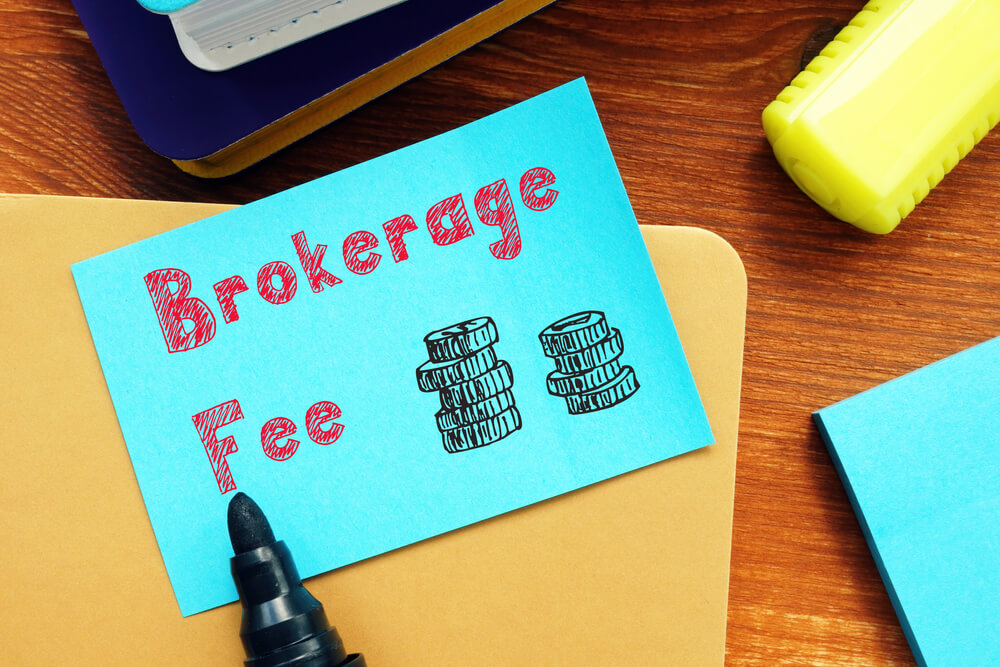When someone trades stocks, they must pay several fees, such as security transaction tax, brokerage charges, service tax, stamp duty, etc. The brokerage fees and security transaction tax are comparable among all distinctions. The term “brokers” refers to the agents who buy and sell shares in various financial instruments. The individual must pay brokerage fees when exchanging shares or using the services provided by the broker. There are two types of brokers, and the brokerage fees vary depending on which one you choose. So, before we go any further, we’d like to tell you about the different types of brokers.
Types of brokers
There are two types of brokers: full-service brokers and discount brokers.
- Full-service brokers:
Full-service brokers are traditional brokers who provide assistant services with trade-in stocks, commodities, and currencies. These brokers conduct extensive research, manage assets and sales, and offer you advice like an expert. They also provide you with assets for banking services. The payment charged by full-service brokers ranges from 0.01 percent to 0.50 percent.
- Discount brokers:
Discount brokers provide you with a well-executed platform for trading stocks and commodities. They charge lower fees than others, but they do not provide investment advice. These brokers charge fixed payments that are extremely low in rupees.
In India, there are two types of the brokerage plans:
- A flat brokerage percentage on trading volume
- Brokerage plan charged per trade
What do you mean by the brokerage charges?
You should be aware that brokerage fees must always be paid when purchasing or selling shares. You may come across brokers of this type who expect you to pay the charge fee only once for buying or selling. If you’re curious about how brokerage fees are calculated, the following points will help you understand.
The brokerage charges are based on the annual turnover or the total cost of the shares at the specific decided percentage on it. Next, we give you the statement to calculate the brokerage charges at 0.05 percent to 0.50 percent. The intraday brokerage charges are calculated at 0.05 percent, while the delivery brokerage charges are calculated at 0.50 percent.
Intraday brokerage charges are calculated by multiplying one share of market price multiplied by the number of shares by 0.05 percent.
Delivery brokerage fees are calculated by multiplying the market price by the number of shares multiplied by 0.50 percent.
Brokerage and brokerage fees are becoming more affordable in today’s competitive world.
Final verdict
Nowadays, many brokers are available to trade now, and there are various options in front of you. However, selecting the best broker from among several is a difficult task. I hope you found this article useful. Please leave your suggestions in the comments section below.
